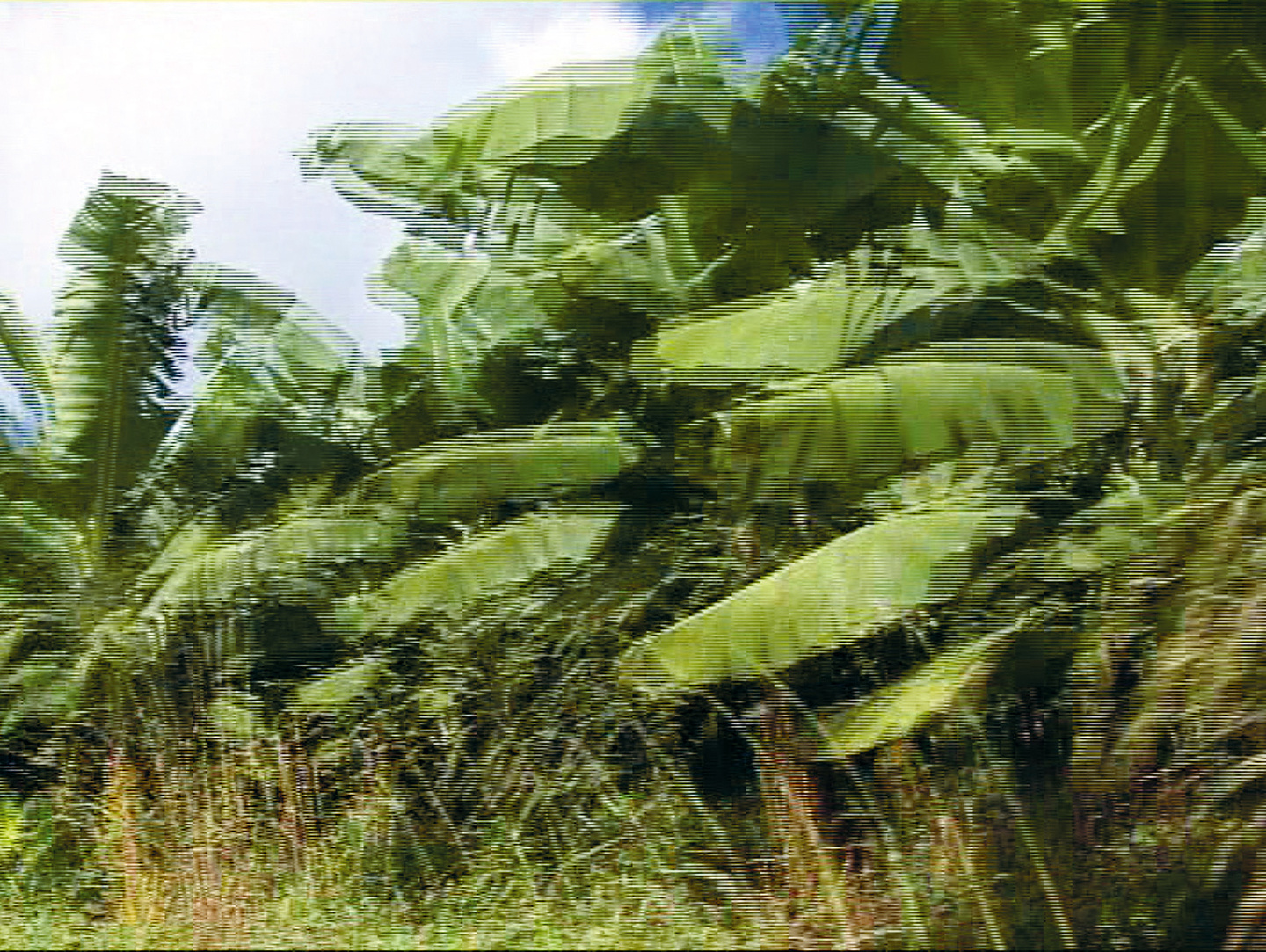
Opacity is a foundational concept of Caribbean author-theorist Édouard Glissant, famously outlined in his seminal publication “Poetics of Relation” (1997). Here, Glissant challenges the rational epistemic of Western modernity and its assumptions of universal truth by problematizing the etymological meaning of “understanding” (com-prendere): “If we examine the process of ‘understanding’ people and ideas from the perspective of Western thought, we discover that its basis is this requirement of transparency. In order to understand and thus accept you, I have to measure your solidity with the ideal scale providing me with grounds to make comparisons and, perhaps, judgements.” (Glissant 1997: 190) Whereas transparency admits the other to existence by enclosure and appropriation, opacity refers to the unintelligible, the enigmatic and the impenetrable that often haunt transcultural relations. As such, the insistence on the right to remain opaque emerges as a mode of resistance, inseparable from the struggles of subordinated bodies against the structural conditions of their subordination: It is a practice of radical imagination towards “the real foundation of Relation”, where “thought of self and thought of other […] become obsolete in their duality” (Glissant 1997: 190). Taking Glissant as a starting point, the seminar traces figurations of opacity as an invaluable aspect of cultural form through literature and video art as well as texts from Postcolonial Discourse and Black Studies. We want to ask: What if we accepted the challenge of that which cannot be known as a generative condition of being with and in the world?
- Kursverantwortliche/r: Jakob Grüner
- Kursverantwortliche/r: Xi Nan